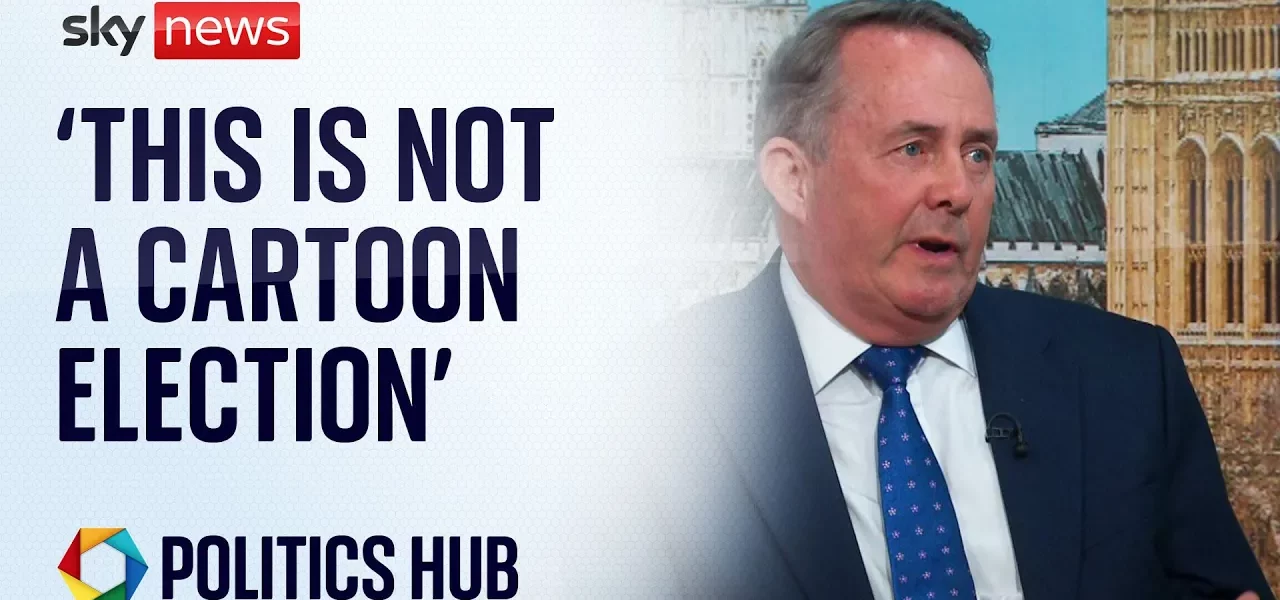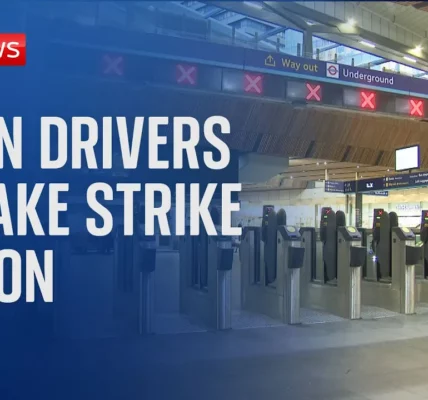Why Don’t Politicians Answer Questions?

In the complex landscape of modern politics, the reluctance of politicians to answer questions directly has become a significant concern for voters. This article delves into the reasons behind this behavior, its implications for public trust, and the pressing national security issues that often take a backseat during election campaigns.
Introduction
The interaction between politicians and the electorate is crucial for a healthy democracy. However, when politicians evade direct questions, it creates a disconnect that can lead to voter apathy. This article will explore the reasons politicians often choose not to answer questions, the impact of this behavior on public trust, and the critical issues that need addressing, especially in times of national security crises.
The Evasion of Direct Questions
One of the most notable trends in political discourse is the tendency of politicians to sidestep direct questions. This behavior can be attributed to several factors:
- Strategic Communication: Politicians often prefer to communicate key messages that align with their party’s agenda rather than addressing questions that may undermine their position.
- Media Influence: The media plays a significant role in shaping narratives, and politicians may avoid answering questions that could lead to unfavorable coverage.
- Electoral Strategy: During election campaigns, the focus often shifts to party lines, making it easier for politicians to avoid direct accountability.
The Consequences of Evasion
When politicians fail to provide straightforward answers, several consequences arise:
- Loss of Public Trust: Continuous evasion can lead to disillusionment among voters, who may feel that their concerns are not being taken seriously.
- Decreased Engagement: As voters perceive political discourse as untrustworthy, they may disengage from the political process altogether.
- Shift in Focus: The media and public attention often shift to trivial matters rather than critical national issues, thereby undermining the seriousness of the political landscape.
National Security Issues at the Forefront
Current Threats
In the backdrop of political evasion, significant national security issues demand urgent attention. Recent developments, such as threats from international adversaries, highlight the importance of focused political discourse.
Public Perception
The public is increasingly aware of global threats, and there is a growing expectation for politicians to address these issues candidly. Examples include:
- Vladimir Putin’s military posturing and its implications for Europe.
- The ongoing conflict in Ukraine and its impact on international relations.
- Domestic security concerns that stem from geopolitical tensions.
The Importance of Accountability
Accountability in politics is essential for a functioning democracy. Politicians must acknowledge past mistakes and provide transparency regarding their decisions. Recent discussions about the Prime Minister’s attendance at significant commemorative events illustrate the need for accountability:
- Public Reaction: The public’s disappointment over missed opportunities for national remembrance can be significant.
- Apologies and Moving Forward: Politicians must learn from missteps and focus on substantive issues rather than lingering on past errors.
Conclusion
Political evasion of direct questions poses serious challenges for democracy, public trust, and national security. It is imperative for politicians to engage with voters on critical issues rather than sidestepping accountability. By addressing the real challenges facing society, such as national security threats and public welfare, politicians can rebuild trust and foster a more engaged electorate. We encourage readers to stay informed and demand transparency from their representatives, as active participation is vital for a healthy democracy. For further reading, check out our articles on public trust in politics and national security issues.
“`




